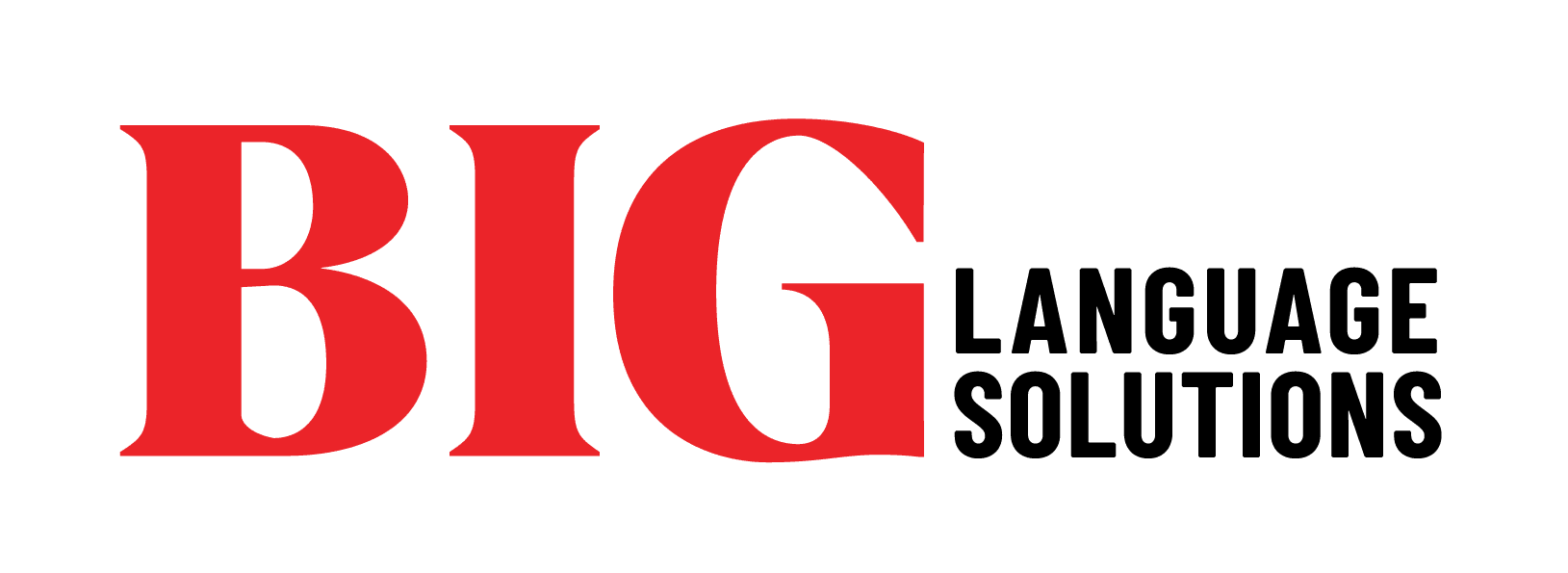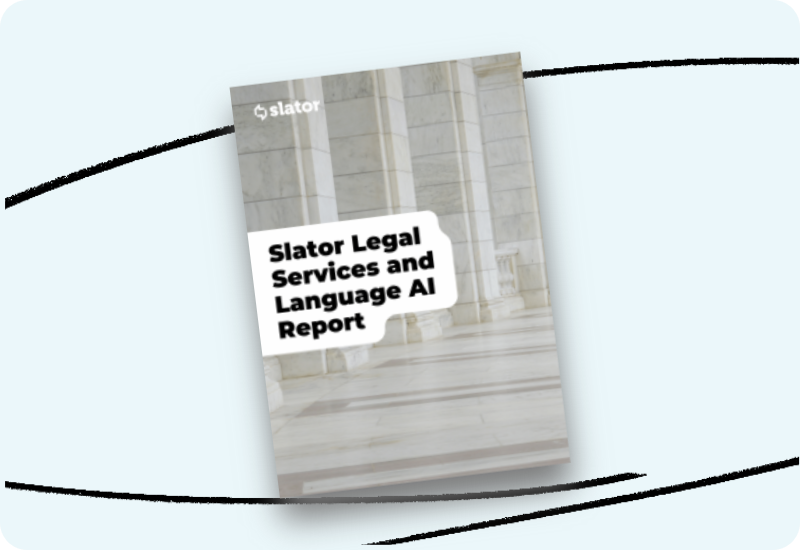In a medical setting, clarity is not just helpful. It is essential. When lives and health outcomes are on the line, everyone deserves to be heard and understood in their own language. That is why professional healthcare interpreters follow a clearly defined set of Standards of Practice. These standards ensure every interaction meets the highest level of care, accuracy, and trust.
Developed by the National Council on Interpreting Health Care (NCIHC), these standards are more than just a framework. They represent what it means to serve patients with dignity, precision, and professionalism. They also establish healthcare interpreters as key members of the care team, offering a consistent and trusted presence across any healthcare setting.
Setting the Standard
The creation of these standards was not rushed or theoretical. It was grounded in feedback from more than 600 interpreters, trainers, and healthcare professionals across the country. Through a series of surveys and focus groups, the council gathered insights from the field and identified the essential elements of high-quality interpretation. The result is a practical, real-world set of standards that reflect the daily responsibilities of healthcare interpreters.
While the Code of Ethics helps interpreters navigate difficult decisions, the Standards of Practice focus on how the job is done. They provide a reliable, detailed roadmap for how to deliver consistent, effective interpretation no matter the situation.
What These Standards Look Like in Practice
Each standard reflects a core value and provides guidance for interpreters working in clinical environments.
Accuracy is about more than interpreting words. It involves capturing tone, intention, and meaning. It also includes pausing to ask for clarification when needed and making sure both parties understand that interpretation is taking place.
Confidentiality protects the trust between patients and providers. Interpreters must treat all information as private and secure, for both verbal and written communications at all times.
Impartiality means remaining neutral. It involves recognizing personal or cultural biases and stepping away from an assignment if those biases cannot be managed.
Respect means supporting patient autonomy. Interpreters must provide the information patients need to make informed decisions while demonstrating culturally appropriate communication at every step.
Cultural Awareness helps interpreters navigate different worldviews. This includes understanding how healthcare choices are approached in different communities and helping resolve misunderstandings when they occur.
Role Boundaries define what an interpreter should and should not do. Interpreters do not give medical advice or become personally involved. If they are serving multiple roles, they must clearly separate each responsibility and meet the standards for both.
Professionalism is about being prepared, prompt, and accountable. It also means knowing when to acknowledge limitations and refer a case to someone with the right expertise.
Professional Development is an ongoing commitment. Language and healthcare both evolve, so interpreters must continually seek training, feedback, and mentorship to grow their skills.
Advocacy gives interpreters the authority to speak up. If they witness abuse, neglect, or a threat to patient safety, they are responsible for taking appropriate action to prevent harm.
Why Standards Matter
When interpretation is guided by these standards, everyone benefits. Patients feel safe and respected. Providers get the clarity they need. Health systems reduce risk and improve outcomes. That is the power of doing things the right way.
At BIG Language Solutions, our interpreters follow these national standards as a baseline, then go beyond. We understand that when communication is clear, care improves.
Looking for a trusted healthcare interpreter?
Get in touch today and find out how BIG supports better care through better communication.





